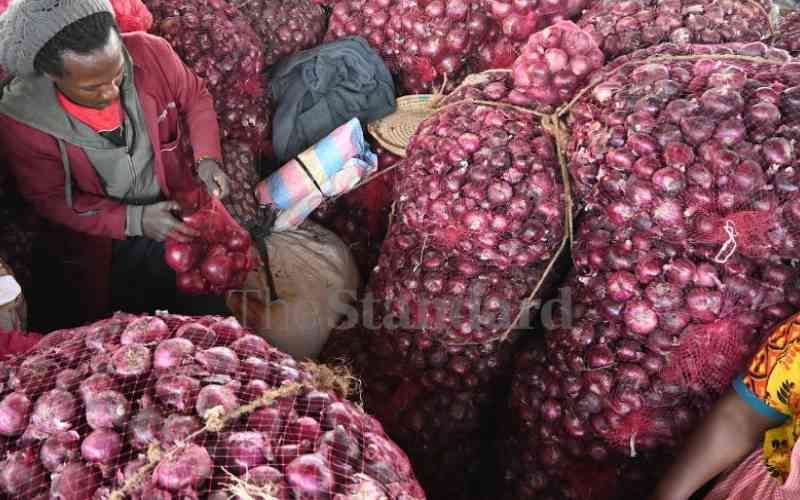×
The Standard e-Paper
Stay Informed, Even Offline

The price of onions will continue rising across the country due to low local production and reduced imports from Tanzania.
This has caused a biting shortage of the commodity with prices tripling.